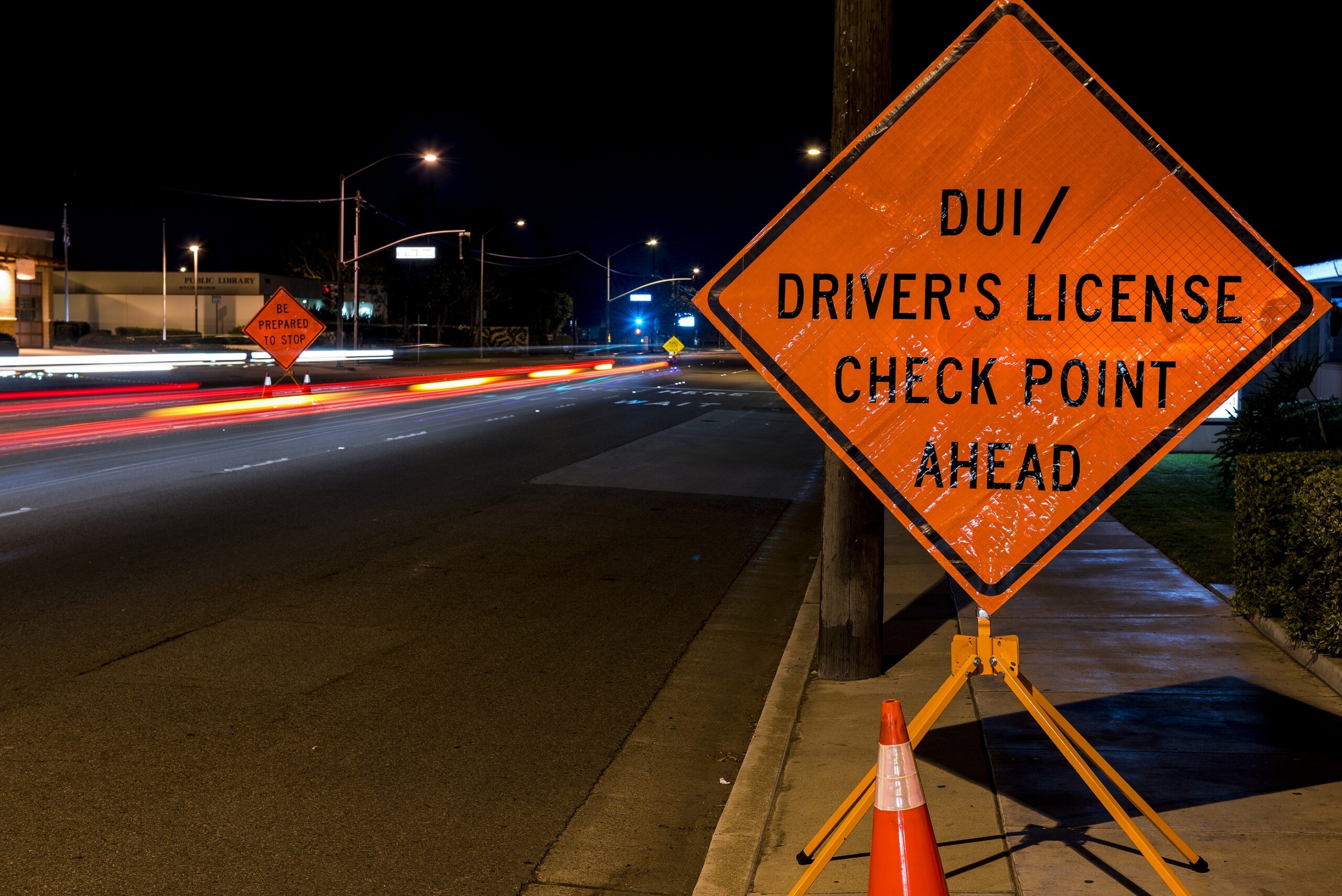Filing for divorce can feel overwhelming, especially when emotions are running high, and there’s a maze of legal procedures to navigate. If you’re considering divorce in St. Clair County, understanding the first steps can make the process smoother and less stressful.
Understanding Divorce Requirements in St. Clair County
Before diving into the legal paperwork, it’s important to understand the basic requirements for filing for divorce in Alabama. Alabama law requires that at least one spouse must have been a resident of the state for six months before filing. Additionally, you’ll need to have a legally recognized reason, or “grounds,” for the divorce.
Alabama allows for both fault-based and no-fault divorces. In a no-fault divorce, couples can cite an irretrievable breakdown of the marriage or incompatibility as the reason for ending the relationship. Fault-based divorces, on the other hand, may involve grounds like adultery, abandonment, or abuse. Knowing your grounds will help guide the filing process and determine the complexity of your case.
Residency and Filing Jurisdiction
In St. Clair County, divorces are filed with the Circuit Court. If both spouses reside in the county, the process is straightforward. If your spouse lives elsewhere, you may still file in St. Clair County, but additional considerations may arise.
Gathering Necessary Documentation
To start the divorce process, you’ll need to gather essential documents. These include financial records, tax returns, property deeds, paystubs, prenuptial agreements (if applicable), and information about marital debts. This paperwork helps establish a clear picture of marital assets and liabilities, which is crucial for dividing property and determining support obligations.
Additionally, if you and your spouse have children, you’ll need to collect documents related to their care. These might include childcare records, medical information, school records, and any existing custody agreements. Being organized and thorough at this stage can save time and reduce stress later.
Deciding Between Contested and Uncontested Divorce
Understanding whether your divorce will be contested or uncontested is another key step. In an uncontested divorce, both parties agree on major issues like property division, child custody, and spousal support. This type of divorce is generally quicker and less expensive.
Contested divorces, on the other hand, involve disputes that require court intervention. If you and your spouse cannot agree on matters of the divorce, the process may take longer and involve more legal complexities. Knowing the type of divorce you’re pursuing will help you prepare mentally and logistically for what lies ahead.
Consulting an Attorney
While it’s possible to file for divorce without legal representation, consulting an experienced divorce attorney is often a wise decision. A lawyer can help you understand your rights, navigate the legal system, and advocate for your best interests. Having an experienced divorce attorney by your side during the process will help ensure you have steady guidance and a trusted advocate for your future.
Filing the Divorce Complaint
Once your documents are prepared, the next step is filing the divorce complaint, which is a legal document outlining your reasons for seeking a divorce and your desired outcome. Filing the divorce complaint officially starts the legal process.
Serving the Divorce Papers
After filing, your spouse has to be served with divorce papers. This required step, known as service of process, ensures they are formally notified of the legal action. Service can be completed through certified mail or the sheriff’s office, but usually a process server is utilized. A process server is a person who will locate your spouse and serve them with the complaint, similar to what’s seen on television shows or movies where the process server hands the spouse the papers and says, “You’ve been served.” If your spouse cannot be located, your attorney may need to publish a notice in a local newspaper, known as service by publication.
Understanding the Response Timeline
Once served, your spouse has 30 days to respond to the divorce complaint. Their response will indicate whether they agree with the allegations in the divorce complaint or whether they deny them and plan to contest the divorce. If no response is filed, your attorney may be able to pursue a default judgment, finalizing the divorce in your favor.
Temporary Orders and Agreements
During the initial stages of the divorce, you may need temporary court orders to address urgent matters like child custody, support payments, or use of shared property. These orders, known as pendente lite orders, provide stability while the case is pending.
Preparing for Negotiations and Court Proceedings
If your divorce is contested, the next step is preparing for negotiations and court proceedings, which normally involves gathering evidence, responding to discovery requests, and working with your attorney to develop a strong case. For uncontested divorces, the process is typically more streamlined. You’ll submit a settlement agreement to the court for approval, and once it’s reviewed, the judge will issue a final divorce decree.
Finalizing the Divorce
In Alabama, there’s a mandatory 30-day waiting period after filing before a divorce can be finalized. Once this period has passed and all necessary steps have been completed, the court will issue the final divorce decree. This document officially ends the marriage and outlines the terms of the settlement.
Post-Divorce Considerations
After the divorce is finalized, you’ll need to address practical matters like updating your legal documents, changing your name (if applicable), and revising your financial accounts. It’s also a good time to review your estate plan and beneficiary designations to ensure they reflect your new circumstances.
Seek Support During Your Divorce
Filing for divorce can be scary, but being informed and receiving guidance during the process can make it less daunting. Remember, you don’t have to go through your divorce alone—reach out for support as you begin this new chapter. Give Jim Golden Law a call at 866-950-6652 to schedule a free 30-minute strategy session with us.








